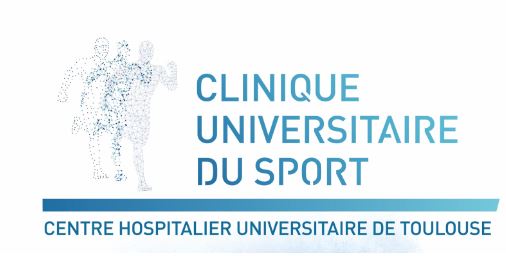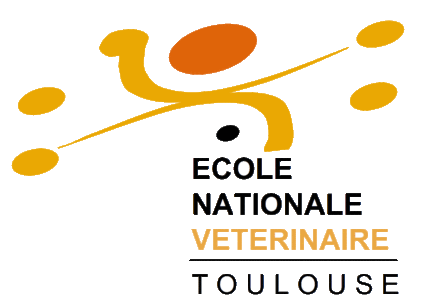Many other academic research partners in the Toulouse area are involved alongside the founding members of the Inspire platform, and, thanks to their expertise and cutting-edge materials, allow full research on the mechanisms of aging and geroscience:
Institut de Recherche en Santé Digestive (IRSD – Inserm / INRA / ENVT / UT3) : Biomarqueurs du vieillissement et de la fragilité dans le système digestif

The IRSD, led by Nathalie Vernolle, brings together and structures research strengths (5 teams and 2 platforms) around a common goal: improving understanding of the physiology of the digestive system (intestine and liver) and associated diseases. Its mission is to conduct medical research, support training through research and disseminate the latest advances and practices in digestive health. The IRSD members have considerable expertise in the areas of nutrient absorption (glucose, lipids, iron), liver metabolism, intestinal physiopathology, regulation of carbohydrate homeostasis, physiology of microbiota (composition, pathogenesis, commensalism, dysbiosis), host-pathogen interactions, and in the nutritional, immunological and nociceptive functions of the intestine. Nathalie Vergnolle’s team is particularly recognized for its studies on the mechanisms of pathologies associated with intestinal epithelium dysfunction: chronic inflammatory bowel disease (IBD), irritable bowel syndrome, celiac disease, bacterial or parasitic infections, colorectal cancer and adenomatous polyposis.
Département Universitaire de Médecine Générale de Toulouse (DUMG – UT3) 
Directed by Stéphane Oustric, The University Department of General Medicine of the faculties of medicine of Toulouse is responsible for the professional training of tomorrow’s general practitioners.
It has 13 Full-Time Equivalent lecturers, 120 part-time lecturers, 648 outpatient care supervisors, 120 hospital services within the CHU and hospital centers. It has 450 interns on training and 60 PhD students.
It is also organized in outpatient around the “La Providence” University Multi-Professional Health Center under the responsibility of Pr. Stéphane Oustric. The purpose of the latter is to develop action research, particularly on the issue of successful aging at home and in the territories. This department is a member of the Gérontopôle and the LEASP research unit.
La Clinique Universitaire du Sport du CHU de Toulouse 
The CUS – Clinique Universitaire du Sport (University Sports Clinic) was opened on December 22, 2018. Dr Fabien Pillard and his team offer a spatial grouping of skills on a single site, the Pierre Paul RIQUET Hospital. The Sports Medicine Unit (SMU) is one of the units of the CUS. It is within this unit that patients included in the INSPIRE cohort will be managed.
The objectives of the SMU are to respond to the needs of athletes in terms of accompaniment of their performance project and to propose human and technical resources likely to support the implementation of a physical activity program for patients.
The work of the SMU consists of a clinical, a teaching and a research activity. The SMU’s expertise focuses in the areas of exploring physiological adaptations to muscular exercise and the management of pathologies of the musculoskeletal system. The activity of physiological functional exploration to muscular exercise uses the indirect calorimetry and isokinetic methods.
An integrated exploration of cardiorespiratory and muscular adaptations to exercise can be organized within the SMU. The activity of the SMU is part of a diagnostic (via clinical examination and functional exploration activity) and therapeutic (via the support for the implementation of a personalized physical activity program) logic. The SMU also aims to continue developing its participation in research projects either as promoter or investigator.
The Federal Institute of Biology (IFB) of CHU Toulouse
The Federal Institute of Biology (IFB) brings together the ten biology laboratories of Toulouse University Hospital, of which the Laboratory of Medical Biology (LBM) and transverse services including the multi-thematic Biological Resource Center Toulouse Bio Ressources (CRB TBR).
The medical biology laboratory (MBL)
Managed by Jacques Izopet, the medical biology laboratory (MBL) of CHU Toulouse offers on four hospital sites (Purpan, Rangueil, IUCT – Oncopole and Lavaur) a wide range of medical biology examinations by developing cutting-edge techniques in each of the biological disciplines. The MBL is holder of a COFRAC accreditation in accordance with the NF EN ISO 15189 standard (No. 8-1769). This laboratory is also the author of a quality manual written according to the NF EN ISO 15189 standard and the COFRAC document SH-REF-02. The MBL of Toulouse University Hospital is also a national reference center for hepatitis A and E viruses (HAV and HEV), a reference center for rare diseases in ophthalmological genetics, and a reference center for constitutional platelet pathologies.
Multi-thematic Biological Resource Center Toulouse Bio Ressources (CRB TBR)
The multi-thematic biological resource center Toulouse Bio Ressources, certified since November 2015, was created in 2013 to manage the collections of human biological resources necessary for the development of fundamental and applied research within CHU Toulouse. Bertrand Perret is the head of this lab.
The CRB TBR focuses on 3 axes:
- Axis 1: Aging (cognitive, cardiovascular, metabolic).
- Axis 2: Infectious diseases (viral, bacterial, parasitic).
- Axis 3: Developmental pathologies (hereditary pathologies in children, growth disorders, clinical research).
It complements the biological resource platform and is one of the CRBioMIP members.
The CHU Toulouse Pharmacy Unit
Dr Philippe Cestac and his team are strongly involved in optimizing the therapeutic management of elderly patients, in close collaboration with geriatricians. In particular, the unit carries out clinical pharmacy activities (medication reconciliation, pharmaceutical analysis, pharmaceutical discussions, therapeutic education). It also works in conjunction with the region’s retail pharmacists to reinforce the interventions carried out during admission and to help in the deployment of new missions in primary care (for instance Shared Medication Reconciliation or the deployment of new screening tools such as ICOPE). Finally, through its interactions with the REIPO (Réseau d’Enseignement et d’Innovation en Pharmacie d’Officine) and the Fédération Pharmaceutique Hospitalo-Universitaire Occitanie, it participates in the implementation of actions for training and evaluation of innovative practices in the field of clinical pharmacy specialized in geriatrics.
Epithelial Differentiation and Rheumatoid Autoimmunity Unit (UDEAR – Inserm / UT3):
Molecular and cellular physiopathology of epithelia, autoimmunity and neuroimmune interactions.
The work of the UDEAR, led by Guy Serre, and all its members (45 people) combines fundamental and clinical research thanks to the relationship with the Dermatology, Rheumatology, Ophthalmology and Genetics departments of the Toulouse University Hospital. They focus around the following areas: diagnosis, pathophysiology and therapy of rheumatoid arthritis, pathophysiology of ichthyosis and inflammatory skin diseases, terminal differentiation of epithelia and pathophysiology of eye diseases.
Within the INSPIRE program, UDEAR, in collaboration with Pierre Fabre Dermo-Cosmétique, is implementing an integrated multimodal analysis by combining clinical, biological, bio-metrological and lifestyle data to determine the biological age of the skin and identify predictive markers of the switch to frailty and dependency. The skin is the organ that shows the first visible signs of aging and an indicator of an individual’s health.
The National Veterinary School of Toulouse
Dogs share with their masters, in addition to their environment and lifestyle, an evolution towards biological aging with a decrease in intrinsic abilities, heterogeneous according to breeds and individuals. The presence of one of the 4 French National Veterinary Schools (ENV) in the Occitanie region and its proximity to the medical scientific community in Toulouse represents a unique opportunity to develop the follow up of a cohort of dogs reflecting the human and murine INSPIRE cohorts in order to search for and identify early biomarkers of aging common to humans and animals. The use of clinical data and samples from veterinary patients followed by a multidisciplinary team of veterinary specialists will help in a better understanding of the mechanisms and risk factors of aging and in the development of translational preventive and curative strategies, with dual human and veterinary benefits. ENV is coordinated by Isabelle Raymond Letron.
The ENV of Toulouse is a teaching and research establishment which has an important University Hospital Veterinary Center dedicated to Pets (CHUVAC). It operates thanks to a team of 65 people (approximately 20,000 annual dog and cat consultations carried out within 15 specialized services). The ENVT also has recognized scientific expertise in animals and public health (One Health, One Medicine) owing to its 86 Teacher-Researchers and Researchers and its 83 Research Engineers and Technicians, some of whom belong to the founding members or academic partners of the INSPIRE platform (STROMALab, ToNIC, IRSD).
The ENVT is also home to LabHPEC, the first and only French academic laboratory of pathological anatomy that complies with the Good Laboratory Practices of the ANSM (Agence Nationale de la Santé et du Médicament) inspection network, which enables the performance of non-clinical regulatory studies essential for the development of medicines, particularly Advanced Therapy Medicinal Products (ATMP) dedicated to aging and regeneration.





